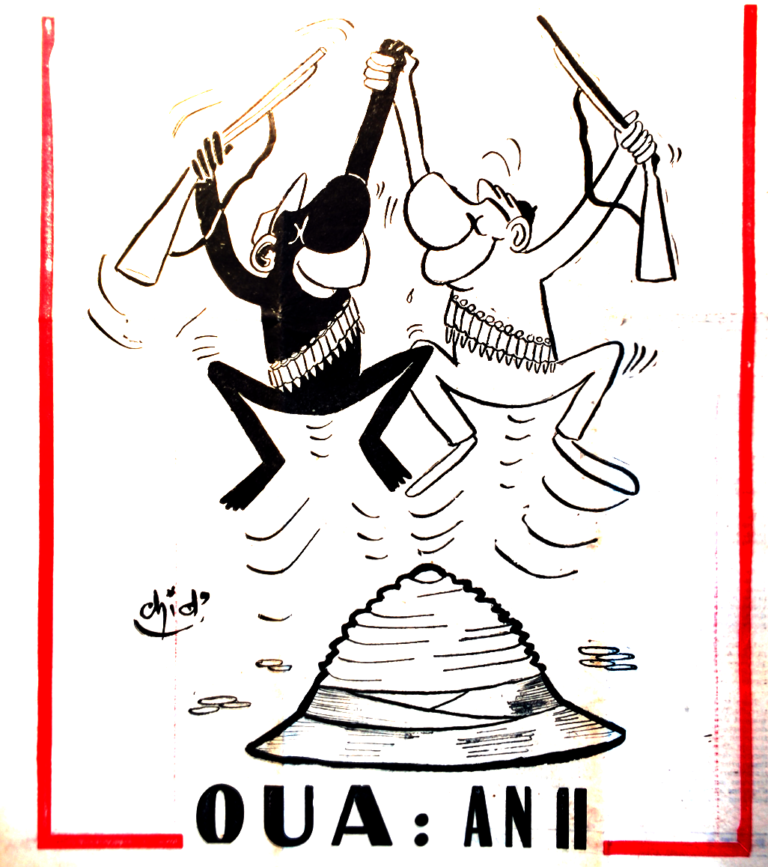In recent years, scholars and activists in France and the United States have questioned whether discrimination against Muslims constitutes a form of racism. In France, some on the left have claimed that religion is a category of belief and therefore should remain separate from discrimination based on skin color or other physical characteristics. In the United States, Afropessimist approaches insist on the specificity of anti-Black racism, rooted in the historical difference between the native and slave. This article, by contrast, argues that race and religion should be studied relationally and highlights how being Muslim exceeded the frame of personal conviction in colonial Algeria, where religious identity was the basis of a political and economic project that were constructed in their wake. The works of Frantz Fanon are particularly instructive in this regard, as he insisted on viewing Blackness as fundamentally relational and also drew on his analysis of anti-Black racism in mainland France to understand the dynamics of settler colonialism in Algeria. The porous line between religious and racial categories also sheds light on discussions of sectarianism in the Middle East more broadly, as colonial regimes irrevocably shaped the contours of the nation-state that were constructed in their wake. Postcolonial sectarianism inherited the intimate relationship between race and religion constructed by empire.
